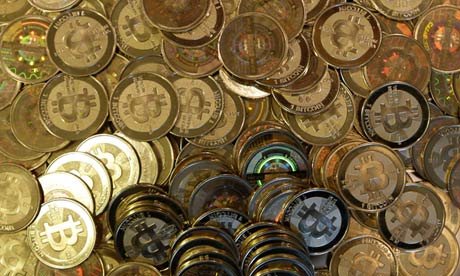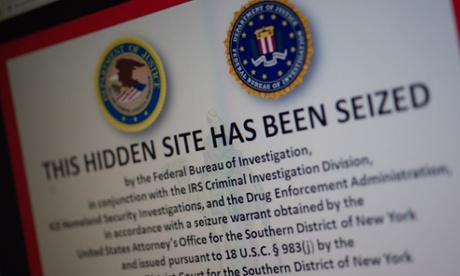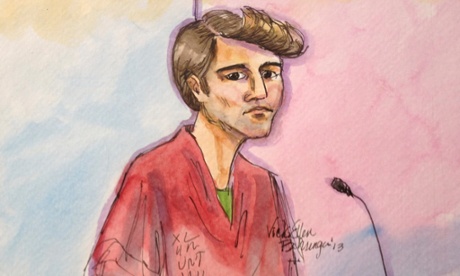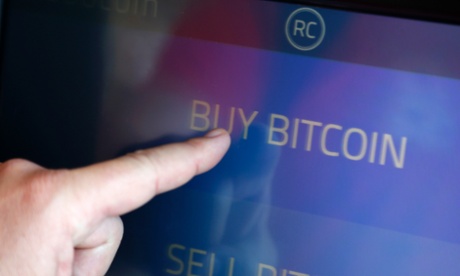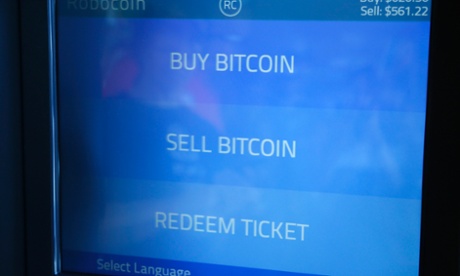When the FBI seized alleged Silk Road mastermind Ross Ulbricht's 26,000 Bitcoin fortune on Tuesday, it raised the simple question: how can you seize a currency that does not exist?
The Bitcoin haul, worth around $3.6m, represents the largest single seizure of the currency, which exists entirely online.
Jon Matonis, executive director of the lobby group the Bitcoin Foundation, said that in order for the authorities to "seize" Silk Road's Bitcoins, it would need access to either its servers and/or to the passwords that protected those Bitcoins.
The agency could have accessed those passwords with or without Ulbricht's cooperation, said Jerry Brito, director of George Mason University's Technology Police Program.
"Basically they would have to get the private keys to the suspect's Bitcoin addresses. (Think of it essentially like getting the password to an account.)," Brito wrote on his blog.
"They could either get that with his cooperation or if he had stored it somewhere now accessible to the authorities. Once they have the private keys, they would be able to transfer the Bitcoins and I imagine that they would transfer them to a Bitcoin address that only they control."
The disclosure of keys to encrypted files is an increasingly important, and controversial, tool used by law enforcement agencies around the world. In 2009 a UK citizen was jailed for nine months after refusing to hand over the keys to decode his encrypted files.
In the US, lawyers have argued that forcing someone to hand over their encryption keys violates the Fifth Amendment right to protection from self-incrimination. The privacy group the Electronic Frontier Foundation is currently defending a Colorado woman accused of a mortgage scam. The Department of Justice had demanded that she decrypt her laptop as part of their investigations.
Users of Silk Road, which enabled the trade of illegal drugs through the web, are said to have traded some 9.5m Bitcoins since the site launched in 2011.
Bitcoin saw its value drop by 15% to $118 after news of Ulbricht's arrest broke. The value had increased to $126 by 6pm, but Brito said the association of the currency with anonymous drug trade could harm its value.
Matonis attempted to downplay the damage that the historic seizure could do to Bitcoin. "This is a drugs story not really a bitcoin story," he said. "My understanding is that Bitcoin was not a factor in the apprehension."
Typically Bitcoins are acquired by purchasing them from a bitcoin "exchanger", for cash. Once those Bitcoins are acquired they are kept in a "Bitcoin wallet" which is designated by a complex string of letters and a numbers. A user can then withdraw those Bitcoins by sending them back to an exchanger in return for cash.
The FBI's acquiring of 26,000 Bitcoins raises another question: what will the agency do with its haul? "It will be interesting to see what the authorities do with those assets," Matonis said. "Will they sell them through a licensed exchange and will we be able to track the sale?"
